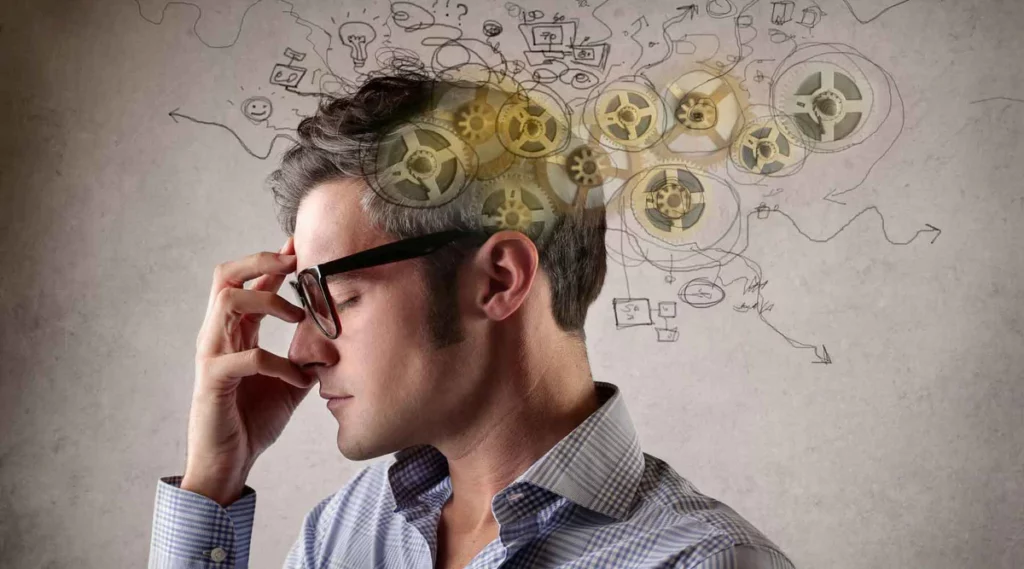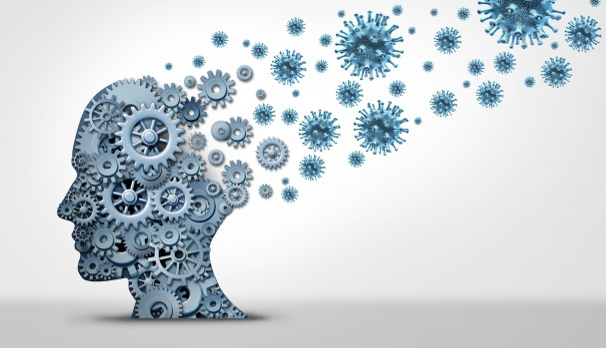Mental health is a topic that has gained more attention in recent years, but despite the progress made in reducing the stigma surrounding mental health issues, there is still a long way to go. It is important for individuals to understand the importance of prioritizing their mental stability and seeking help when necessary.
The Importance of Mental Stability and Health
Mental stability is a crucial aspect of overall health and well-being. It encompasses emotional, psychological, and social well-being and affects how an individual thinks, feels, and behaves. Mental stability problems can range from mild to severe and can affect individuals of all ages, genders, and backgrounds.
Ignoring mental stability problems can have serious consequences. It can impact an individual’s ability to function in their daily life, negatively affect relationships, and even lead to physical health problems. Mental stability problems can also be a factor in substance abuse and addiction.
Common Mental stability Issues
There are a variety of mental stability problems that individuals can experience. Some of the most common mental stability issues include:

Depression: A mood disorder that causes feelings of sadness and hopelessness.
Anxiety: A disorder characterized by excessive worry and fear.
Bipolar disorder: A disorder that causes extreme mood swings, including episodes of mania and depression.
Post-traumatic stress disorder (PTSD): A disorder that can develop after a traumatic event, causing flashbacks, nightmares, and severe anxiety.
Obsessive-compulsive disorder (OCD): A disorder that causes repetitive, intrusive thoughts and behaviors.
Seeking Help for mental stability Issues
It is important for individuals who are struggling with their mental stability to seek help. There are many resources available, including mental stability professionals such as therapists and psychiatrists, support groups, and crisis hotlines.
One barrier to seeking help can be the stigma surrounding mental stability issues. Many individuals feel ashamed or embarrassed to admit they are struggling with mental stability problems, which can prevent them from seeking help. However, it is important to remember that mental stability issues are common and treatable.
Prioritizing mental stability Health
In addition to seeking help when necessary, there are also steps individuals can take to prioritize their mental stability. These include:
Practicing self-care: Engaging in activities that promote self-care, such as exercise, meditation, or spending time with loved ones.
Maintaining a healthy lifestyle: Eating a balanced diet, getting enough sleep, and avoiding drugs and alcohol can all positively impact mental stability.
Building a support system: Having a strong support system of family and friends can be crucial in maintaining mental stability
Learning coping skills: Developing healthy coping skills, such as relaxation techniques or problem-solving skills, can help individuals manage stress and other mental stability issues.
One should keep some facts in mind about mental health:
Mental instability issues can be caused by a variety of factors: Mental stability problems can be caused by a combination of genetic, environmental, and lifestyle factors. Trauma, stress, and a history of substance abuse can also contribute to the development of mental stability issues.
Mental instability treatment can be effective: With proper treatment, many individuals with mental stability issues can manage their symptoms and lead fulfilling lives. Treatment options include therapy, medication, and lifestyle changes.

Mental stability support is available for everyone: Mental stability resources are available for individuals of all ages, backgrounds, and financial situations. Many employers offer mental stability benefits, and there are also community-based organizations and government programs that offer mental stability support
Early intervention is key: It’s important to seek help as soon as mental stability symptoms arise. Early intervention can help prevent the development of more severe mental stability issues.
Mental instability affects children and teens: Mental instability issues can affect children and teenagers just as much as adults. It’s important for parents and caregivers to monitor their children’s mental stability and seek help if necessary.
Stigma can prevent people from seeking help: Unfortunately, there is still a stigma surrounding mental stability that can prevent individuals from seeking help. This is why it’s important to educate people about mental stability and promote open and honest discussions.
Lifestyle changes can improve mental stability: Engaging in regular exercise, getting enough sleep, eating a healthy diet, and reducing stress can all help improve mental stability.
Mental stability is interconnected with other areas of health: Mental stability is not separate from physical health, and mental stability issues can impact other areas of health. For example, depression has been linked to a higher risk of heart disease.
Mental stability resources are constantly evolving: As more research is conducted on mental stability, treatment options and resources are constantly evolving. It’s important to stay up to date on the latest information and seek out evidence-based treatments.
Overall, prioritizing mental stability is crucial for individual well-being and society as a whole. By breaking the stigma surrounding mental stability, seeking help when necessary, and taking steps to maintain good mental stability, individuals can lead happier, healthier lives.
Breaking the Stigma
Breaking the stigma surrounding mental stability is a crucial step in ensuring that individuals feel comfortable seeking help and prioritizing their mental stability. This can be achieved through education and open conversations about emotional health issues. Encouraging individuals to share their experiences with emotional health issues can help reduce the stigma and make it easier for others to seek help.
In conclusion, prioritizing mental health is essential for overall health and well-being. Seeking help for mental and emotional health issues and taking steps to maintain a good lifestyle can positively impact all areas of life. It is important to continue breaking the stigma surrounding mental and emotional health issues and encouraging individuals to seek help when necessary.